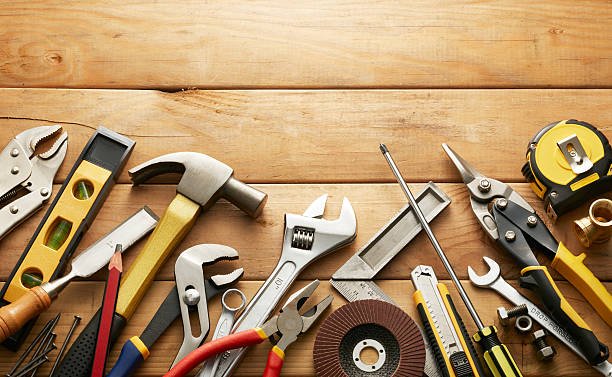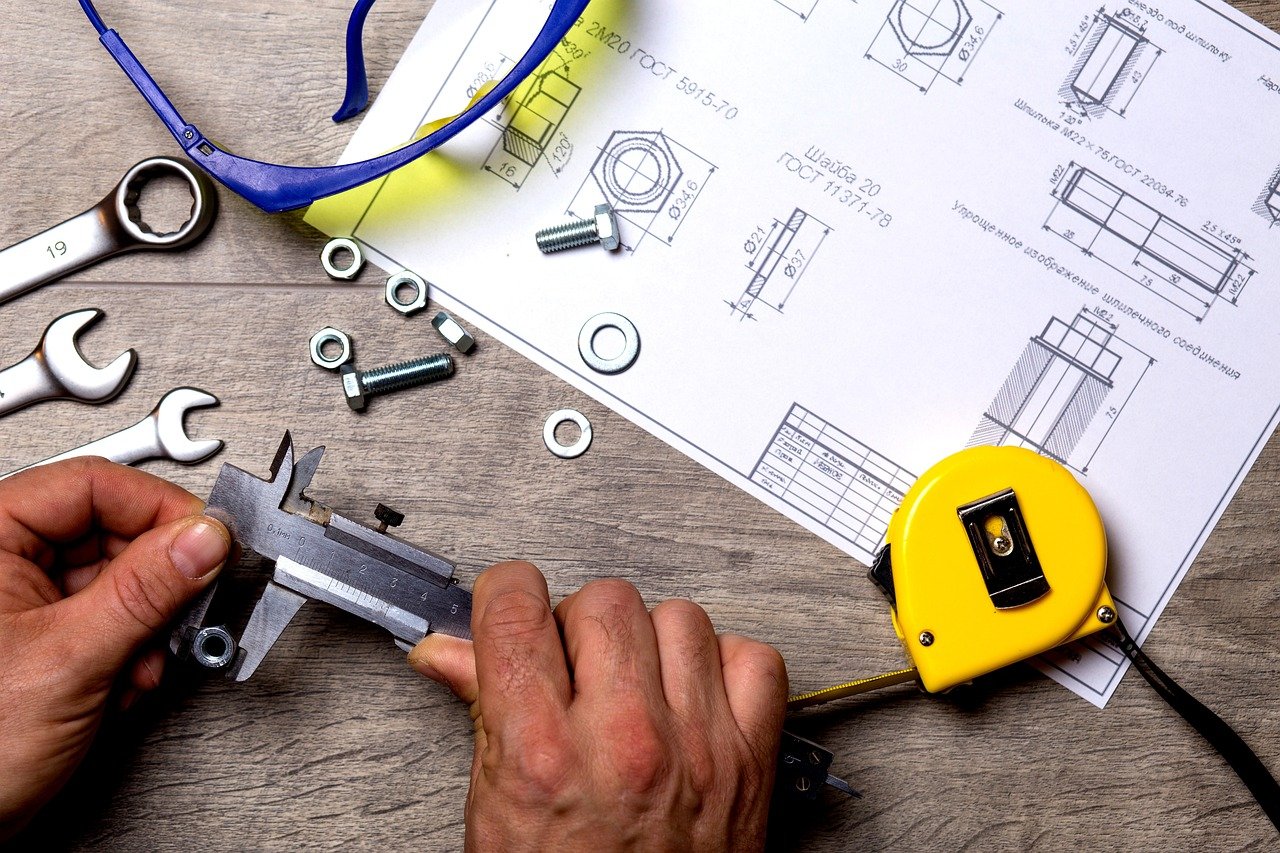The Role of Lubrication in Machinery Maintenance: A Crucial Component for Longevity
Lubrication is a cornerstone of machinery maintenance, playing a pivotal role in ensuring the smooth operation and longevity of mechanical systems. In this blog post, we’ll delve into the essential role that lubrication plays in machinery maintenance and why it is a critical component for the health of various industrial equipment.
1. Friction Reduction and Wear Prevention
At the heart of lubrication’s role is its ability to reduce friction between moving parts. Friction is a natural byproduct of mechanical operations, and without proper lubrication, it can lead to increased wear and tear on components. Lubricants form a protective layer, minimizing friction and preventing premature wear, which is especially crucial in high-speed machinery.
2. Temperature Regulation
Effective lubrication helps manage the temperature of machinery. As moving parts generate heat through friction, lubricants dissipate this heat, preventing overheating and potential damage. Consistent temperature regulation contributes to the overall efficiency and reliability of the machinery.
3. Contaminant Protection
Machinery operates in diverse environments where contaminants like dust, dirt, and moisture pose significant threats. Lubrication acts as a barrier, preventing these contaminants from infiltrating critical components. Contaminant protection is particularly vital in industries such as manufacturing, where precise machinery tolerances must be maintained.
4. Corrosion Prevention
In humid or corrosive environments, machinery is susceptible to rust and corrosion. Lubricants form a protective layer on metal surfaces, shielding them from moisture and corrosive elements. This preventative measure is essential for the longevity of machinery components, especially those exposed to challenging environmental conditions.

5. Noise Reduction
Unwanted noise is a common issue in machinery, often resulting from friction between moving parts. Proper lubrication minimizes this friction, reducing noise levels and creating a quieter and more pleasant working environment. This is especially significant in sectors where noise control is a crucial consideration.
6. Energy Efficiency
Lubrication contributes to energy efficiency by reducing the amount of power required for machinery to operate. When friction is minimized, less energy is lost to heat generation, resulting in more efficient and cost-effective machinery operation. This aligns with modern sustainability practices, emphasizing the importance of resource conservation.
7. Extending Maintenance Intervals
Regular lubrication not only prevents immediate issues but also extends the intervals between maintenance cycles. Properly lubricated machinery experiences less wear, reducing the frequency of repairs and downtime. This proactive approach to maintenance is both cost-effective and ensures uninterrupted workflow.
8. The BYZAS TOOLS Advantage in Lubrication Solutions
For businesses seeking high-quality lubrication tools and equipment, BYZAS TOOLS stands out as a trusted provider. Their commitment to excellence, evident at https://byzastools.com/, ensures that your machinery receives the best care possible. Explore their range of lubricating tools to elevate your machinery maintenance practices.
In conclusion, the role of lubrication in machinery maintenance cannot be overstated. It is a multifaceted solution that addresses friction, temperature, contaminants, and more. Embracing advanced lubrication practices not only ensures the longevity of machinery but also contributes to operational efficiency and sustainability. As you embark on a journey to optimize machinery maintenance, remember that proper lubrication is the key to unlocking peak performance (Appzeto).


